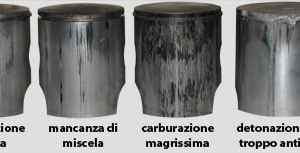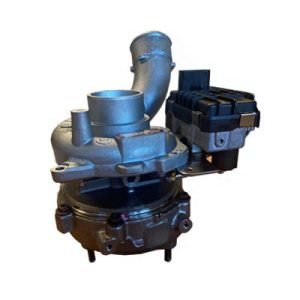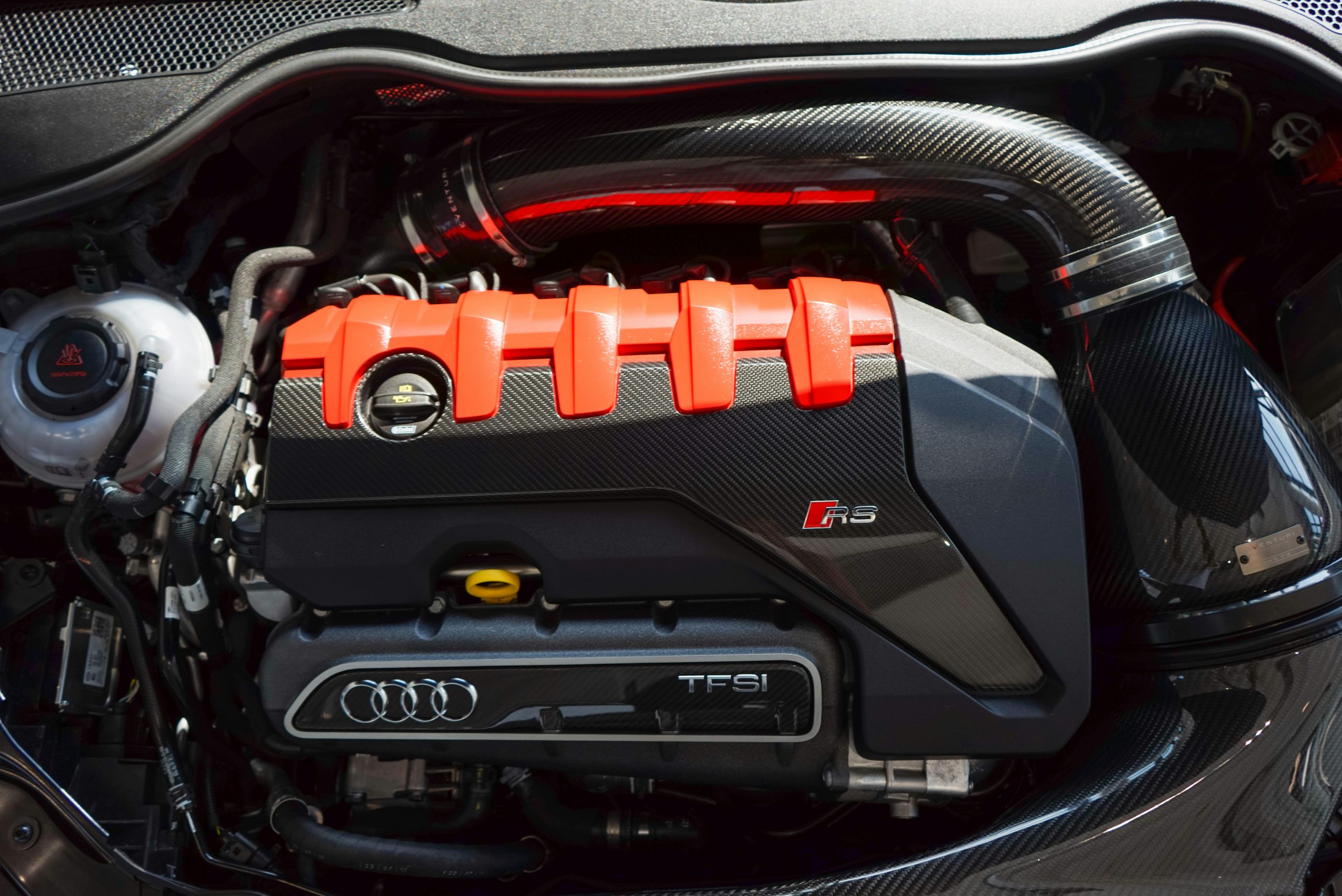When comparing costs and longevity, heat engines have several advantages over electric motors. These economic factors continue to make heat engines an attractive option for many consumers, especially in the short to medium term.
Purchase cost:
Vehicles with a combustion engine generally have a lower purchase price than equivalent electric models. This price difference can range from a few thousand to tens of thousands of euros, depending on the segment and brand. For example, a city car with a petrol engine can cost around EUR 10,000-15,000, while an electric city car with similar performance can easily cost more than EUR 20,000-25,000. This price difference is mainly due to the high cost of batteries, which account for a significant part of the total cost of an electric vehicle.
Duration:
With proper maintenance, a modern heat engine can easily last over 200,000 km, with many examples exceeding 300,000 km without significant problems. Some well-maintained diesel engines can even reach 500,000 km. The battery life of electric vehicles, on the other hand, is still a matter of debate. While manufacturers generally guarantee batteries for 8 to 10 years or 160,000 to 200,000 km, the actual long-term durability under real conditions is yet to be verified on a large scale.
Replacement costs:
Replacing a heat engine is certainly expensive, but generally less than replacing an entire battery pack in an electric car. Replacing an engine can cost between EUR 3,000 and EUR 7,000, depending on the model and complexity. In contrast, replacing an electric car's battery pack can cost between EUR 5,000 and more than EUR 15,000, representing a significant portion of the vehicle's value.
Second-hand value:
The used-vehicle market for heat-engined vehicles is well established, offering better value retention over time. Consumers and dealers have a good understanding of the residual value of these vehicles, based on decades of data. In contrast, the used-vehicle market for electric vehicles is still developing, with uncertainties related to battery life and rapid technological advances that can affect residual value.
Flexible maintenance:
Thermal engine repairs and maintenance can be performed by a wide network of mechanics, from small independent garages to large authorised workshops. This wide availability of services can translate into more competitive maintenance costs. Electric vehicles, on the other hand, often require specialised skills and specific tools, limiting maintenance options and potentially increasing costs.
In conclusion, while electric vehicles are rapidly gaining ground in terms of cost and durability, thermal engines still retain significant advantages in many economic areas. The choice between a thermal- or electric-powered vehicle will depend on the specific needs of the consumer, the available budget and long-term prospects.









